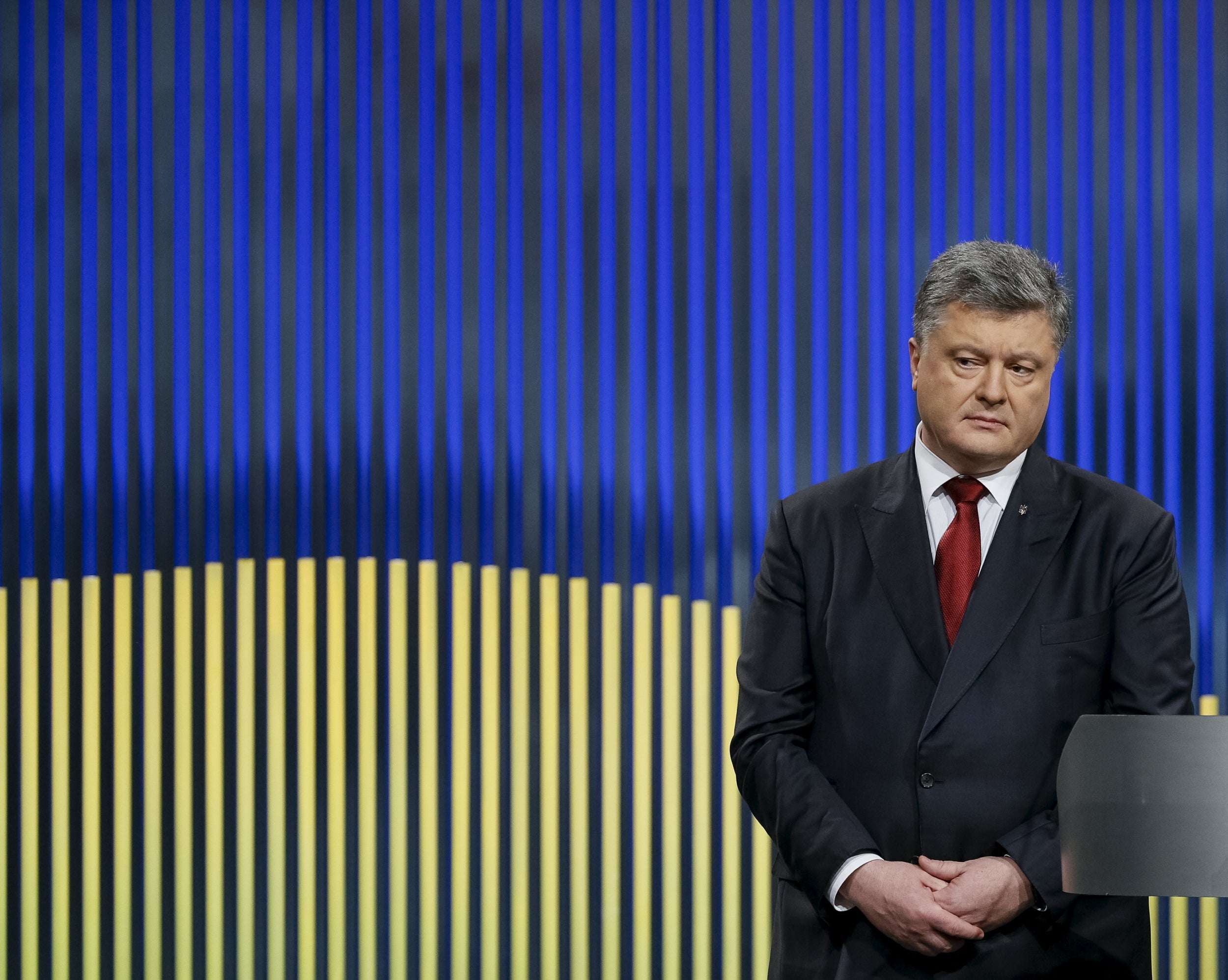What the effort to prosecute Ukraine’s former president says about the current state of the country
With corruption in Ukraine the centrepiece of Donald Trump’s defence in his impeachment case, any moves from Kiev to deal with graft accusations will draw added attention


Ukraine’s State Bureau of Investigation has just made the most consequential move of its 12-month history – requesting parliamentary consent to prosecute former president Petro Poroshenko.
The move marks a dramatic raising of the stakes in the confrontation between the old and new regimes in the country.
Up until March, Poroshenko remained the most important person in the land, controlling most of Ukraine’s key institutions. The unexpected landslide electoral victory of now-president Volodymyr Zelensky changed all that.
During the campaign, Zelensky quipped that the former president was looking for a second term only to avoid a first (in prison). Few thought it was a serious threat at the time.
In fact, as the testimony of American diplomats at the Donald Trump impeachment hearings in Washington has shown, defeating Poroshenko has done little to disperse deep grudges held by Zelensky’s new administration.
In comments relayed by the US charge d’affaires in Kiev, Bill Taylor, Zelensky advisers Andriy Yermak and Ihor Novikov were said to have reacted incredulously to advice not to prosecute a political rival. (Apparently the Americans did not appreciate the irony here.)
Instead, the advisers told the US diplomat that Poroshenko was to blame for the way the conflict in eastern Ukraine stood, and showed them pictures of relatives maimed and killed in battle.
Members of Zelensky’s team are not the only ones in Ukraine to harbour anger towards the former president.
A large part of the Ukrainian population would certainly respond favourably to moves to prosecute him – despite the country’s unfavourable record of political imprisonment.
I interviewed the former president in what will now be seen as somewhat of a high point for him in 2015. Then, a majority of Ukrainians saw him as a steady hand who rebuilt the army, stopped a foreign aggressor – Russia – and had begun some reforms.
But even then, during the course of that short 30 minute interview in 2015, I saw some of the things that would later come to undo him: a short temper; a desire to control the conversation no matter what; and a paranoia about the intent of journalists.
Since then, Poroshenko has faced an increasing number of accusations of corruption, all of which he has denied. Meanwhile, living standards fell for many during his reign and didn’t rise quickly enough for others.
But it’s also true that a prosecution would split Ukrainian society – at least along the 73-24 split in the vote seen in this year’s presidential election. Arguably, that might not be in Ukraine’s best long-term interests.

Corruption has been a constant topic in the years I have been covering Russia and Ukraine, and the battles against it are rarely as simple as they appear.
The push to prosecute Poroshenko – albeit by a reasonably independent, arms-length investigation bureau – also contrasts strongly with President Zelensky’s apparent reluctance to recover assets from allies accused of wrongdoing.
Last weekend, at the Kiev International Economic Forum, I asked Ukraine’s new prime minister, Oleksiy Honcharuk, if his administration intended to be as aggressive against its own allies as it is against Poroshenko.
The response, as befits such showcase events, was that, of course, it would be.
Time will tell on that front.
Yours,
Oliver Carroll
Moscow correspondent
Join our commenting forum
Join thought-provoking conversations, follow other Independent readers and see their replies
Comments
Bookmark popover
Removed from bookmarks